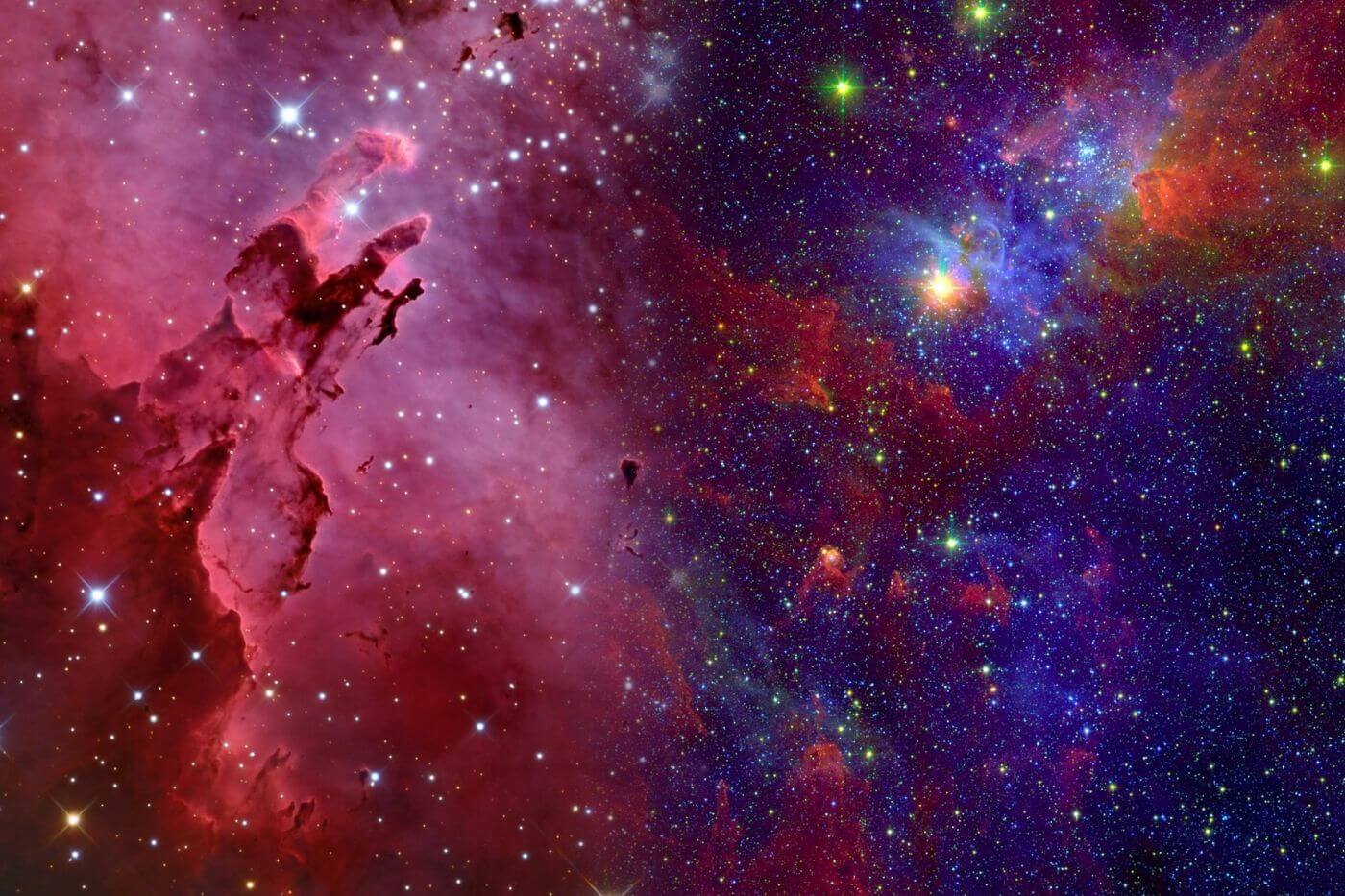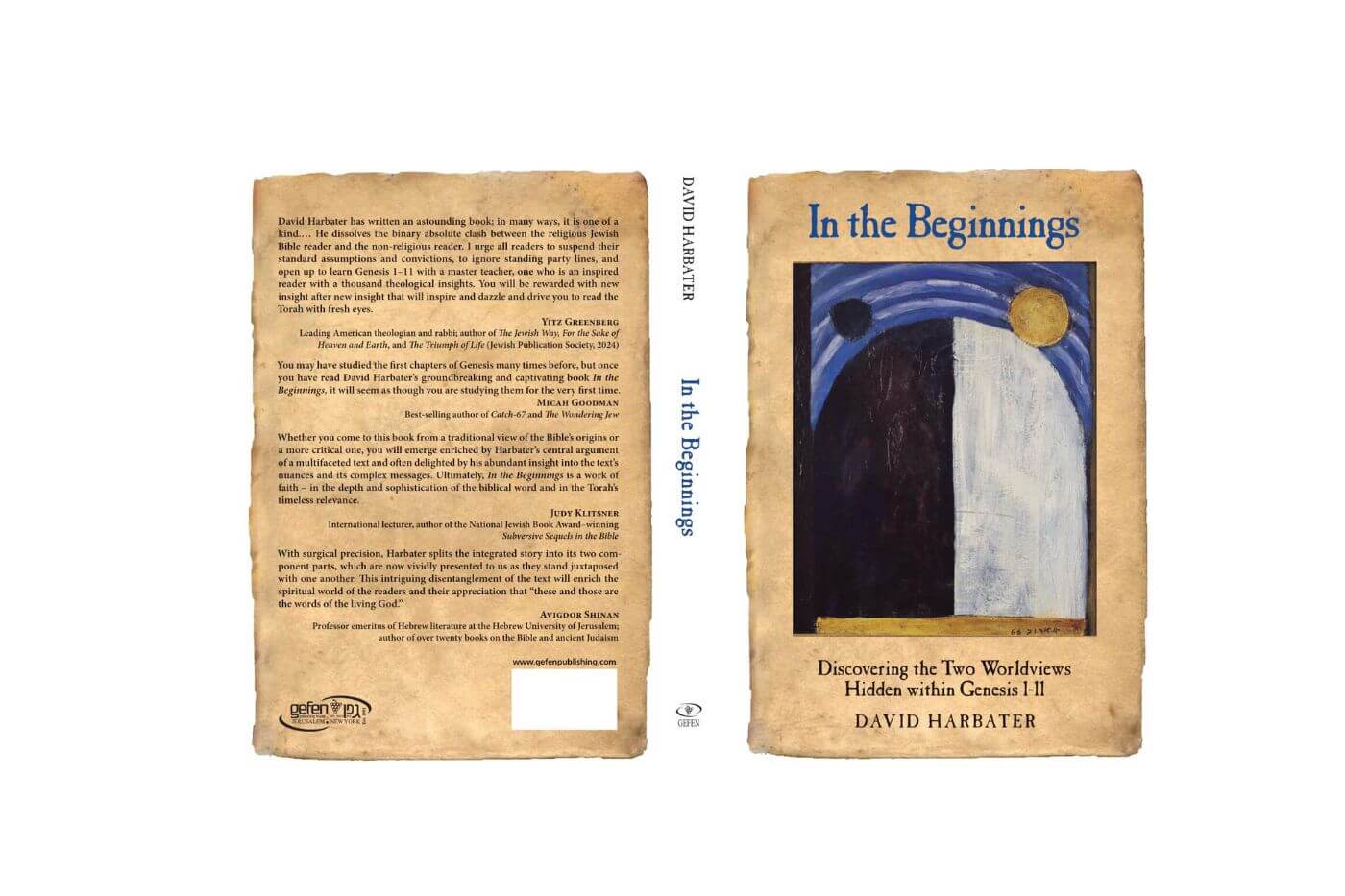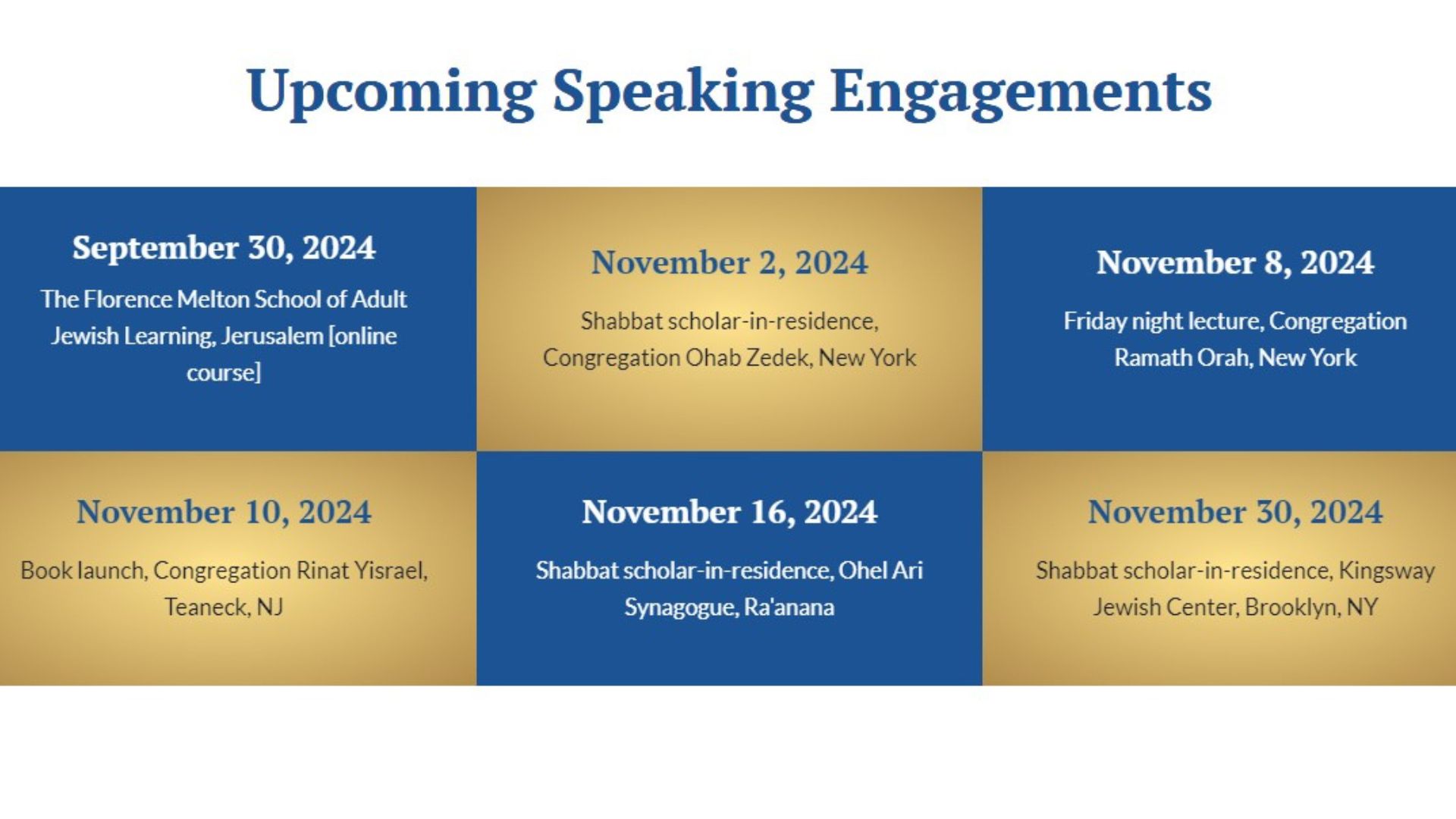Bereishit: A Much-Needed Reminder of Goodness
You can now watch an abridged video version of these Parasha thoughts on YouTube:
On October 7, Hamas perpetrated evil on a scale and magnitude of which we have not seen or experienced since the dark days of the Holocaust. It is one thing to murder innocent civilians; it is quite another to brutally rape and mutilate women, behead and kidnap babies, murder parents in front of their children, burn entire families alive in their homes, and to film themselves while committing these heinous crimes and then to share these videos proudly with others.
To make matters even worse, rather than categorically condemn these atrocities, far too many people around the world have expressed support for them. A Cornell University professor called the Hamas attacks ¡°exhilarating¡± and ¡°energizing¡±, dozens of Harvard student organizations issued a statement holding Israel at fault for the attacks, and students elsewhere expressed support for the ¡°right of colonized people everywhere to resist the occupation of their land by whatever means they deem necessary.¡± This widespread support is captured in a series of slogans, such as, "From the river to the sea, Palestine will be free", ¡°Globalize the intifada!¡± and ¡°There is only one solution! Intifada revolution!¡± Occasionally these slogans appallingly mutate into "gas the Jews," "kill the Jews," and "cleanse the world of Jews."
Given this dramatic rise in anti-Israel and anti-Jewish sentiment and rhetoric, threats to Jews in the United States have tripled in the one-year period between October 7, 2023 and the same date in 2024, and Jews, in increasing numbers, are afraid to display their Jewishness in public. And in an infuriating display of moral blindness and perversion, and of the inability to distinguish between right and wrong, and good and evil, it is Israel that stands accused of genocide!
In the midst of all this moral bankruptcy and evil, perhaps we need to shift our attention instead to the idea of goodness. In doing so, there is no better place to start than the very first parasha in the Torah¡ªParashat Bereishit¡ªthat we read this coming Shabbat.
The account of creation that appears in Genesis 1 depicts God as a master architect who has a well-designed and orchestrated plan for the creation of the world in six days based on the principles of order, structure and purpose. After each day, God observes His creation and declares that it is "good" (day two is the exception but the declaration appears twice on day three), and at the conclusion of the entire six days of creation, He declares that it is "very good". In other words, goodness, in this account, is built into the fabric of God¡¯s created world. Thus, if anything goes wrong with the world, it is up to us to fix it.
Genesis 2, however, presents a radically different account of creation. In addition to a different conception of God, a different understanding of the distinction between human beings and other species, a different role that God assigns to us in the world, a different vision of the relationship between the man and the woman and between human beings and animals, Genesis 2 presents a different perspective on goodness as well. (For a comprehensive discussion and analysis of the differences between the two accounts of creation and of what follows, see my book, ¡°In the Beginnings: Discovering the Two Worldviews Hidden within Genesis 1-11¡±, .) In this account, not only is there no declaration by God that creation is ¡°good¡±, but God openly acknowledges that some things are, in fact, not
good. After creating the human, God declares, "it is not good for the human to be alone (Genesis 2:18)". As a result, God decides to make for him an ezer k'negdo¡ªtranslated either as "a fitting helper (the News JPS)", "a helper, matching him (Wenham, Word Biblical Commentary)", "a sustainer beside him (Alter, The Five Books of Moses)", or "a strength corresponding to him (Friedman, Commentary on the Torah)". In other words, according to this account, goodness is not built into the fabric of creation by God in the heavens above but is determined by our sensitivity and willingness to extend a helping hand to those whose lives are experienced as ¡°not good¡± on the earth below.
Thus, it appears that there are two paths to goodness and the betterment of the world. One is to discover the goodness of God and of His created world and to do our best to preserve it, and the other is to acknowledge that some things and situations are not good, and when we encounter them, it is our responsibility to step in, to help, and to make things better.
May we soon see a time when the forces of evil give way to the forces of good, and we witness the fulfillment of the prophet Isaiah's vision: "How beautiful upon the mountains are the feet of the messenger announcing peace, goodness, and announcing salvation (Isaiah 52:7)."
Shabbat Shalom.
|




